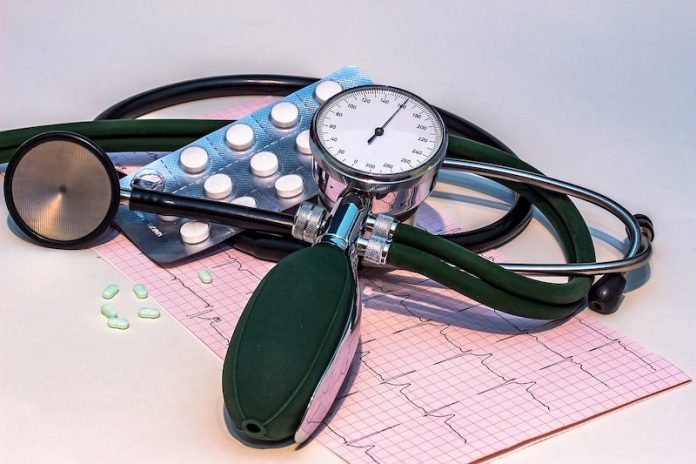
In a new study from Mayo Clinic, researchers found treating high blood pressure during pregnancy is safe and may be helpful at lower thresholds than previously thought.
The team says that treatment may reduce a woman’s risk for severe high blood pressure without endangering her child.
High blood pressure, or hypertension, during pregnancy, is a major cause of complications and death for mothers and their babies, and it increases women’s short- and long-term risks for cardiovascular disease.
It also increases the risk for preterm delivery and low birthweight.
Among high-income countries, the U.S. has one of the highest maternal mortality rates for high blood pressure-related problems.
A scientific statement is an expert analysis of current research and may inform future clinical practice guidelines.
Hypertension during pregnancy is the second-leading cause of maternal death worldwide. Because of concerns about how medications may affect the fetus, treatment guidelines vary.
Since 2017, the AHA and the American College of Cardiology have defined high blood pressure in the general population as a systolic (top) reading of at least 130 mmHg or a diastolic (bottom) reading of at least 80 mmHg.
Most guidelines worldwide define high blood pressure during pregnancy as a reading of 140/90.
In the U.S., the American College of Obstetricians and Gynecologists recommends starting treatment at 160/110. Other guidelines recommend starting treatment at 140/90.
The statement said the latest research indicates use of blood pressure-lowering medicine during pregnancy does not appear to harm fetal development.
And preventing high blood pressure during pregnancy supports maternal health both during and after pregnancy.
Women who have hypertension during pregnancy are more likely to develop sustained high blood pressure after pregnancy at a higher rate compared to those whose blood pressure was normal during pregnancy.
Reducing severe high blood pressure may be particularly important in communities that lack resources and expertise to respond to hypertension emergencies.
It also reinforces recent research that suggests lifestyle changes before and during pregnancy can improve maternal and fetal outcomes.
For example, dietary changes before and during pregnancy can limit weight gain and improve pregnancy outcomes.
And exercise during pregnancy may reduce the risk of gestational hypertension by about 30% and of preeclampsia by about 40%.
If you care about high blood pressure, please read studies about scientists give new advice for treating high blood pressure, and findings of beetroot that could protect against high blood pressure.
For more information about blood pressure health, please see recent studies about doing this can greatly benefit people with slightly high blood pressure, cholesterol, and results showing that lowering blood pressure to this number can strongly reduce heart disease risk.
The study is published in Hypertension. One author of the study is Dr. Vesna D. Garovic.
Copyright © 2021 Knowridge Science Report. All rights reserved.



